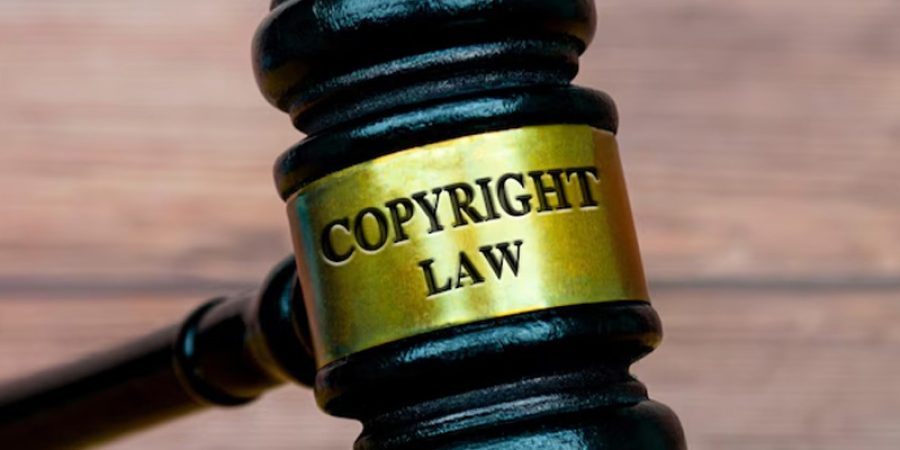A federal judge in San Francisco has ruled that artificial intelligence company Anthropic did not violate US copyright law by using copyrighted books to train its AI system, in a landmark decision that could set a precedent for the future of generative AI.
In a decision delivered late Monday, US District Judge William Alsup sided with Anthropic, declaring that the company’s use of books by authors Andrea Bartz, Charles Graeber, and Kirk Wallace Johnson to train its Claude large language model was protected under the legal doctrine of fair use.
“Like any reader aspiring to be a writer, Anthropic’s LLMs trained upon works not to race ahead and replicate or supplant them — but to turn a hard corner and create something different,” Alsup noted.
The ruling marks the first major legal interpretation of fair use in the context of generative AI training, a central issue in ongoing lawsuits against AI developers. Dozens of copyright owners — including authors, artists, and media companies — have sued companies like OpenAI, Meta, Microsoft, and Anthropic, alleging their copyrighted work was used without permission or compensation.
While Judge Alsup upheld Anthropic’s argument that training an AI model on copyrighted texts constitutes a transformative use, he drew the line at how the material was stored. He ruled that Anthropic’s storage of entire books in a central database violated copyright protections and did not fall under fair use.
The lawsuit, filed last year by the authors, accused Anthropic of using pirated digital copies of their work without licensing agreements. Anthropic, backed by tech giants Amazon and Alphabet, had argued that its model did not replicate the books, but instead analysed them to extract patterns and general insights that fuel the development of novel, AI-generated content.
The company told the court that US copyright law “not only allows, but encourages” the kind of transformative training its models perform, claiming that the practice promotes human creativity and innovation.
“The system copied the books to study the plaintiffs’ writing, extract uncopyrightable information from it, and use what it learned to create revolutionary technology,” Anthropic stated in its defence.
The decision has wide-reaching implications for the AI industry, which relies on vast amounts of data — including copyrighted material — to train increasingly powerful models. A ruling against fair use could have forced companies to license or pay for every work used, dramatically reshaping business models and potentially stalling innovation.
For now, Judge Alsup’s ruling offers breathing room for AI developers. However, legal experts caution that the debate over how copyright law applies to artificial intelligence is far from over — and likely to make its way to higher courts in the near future.
Spokespeople for Anthropic and the authors’ legal teams have not yet responded to requests for comment.
Melissa Enoch
Follow us on:



